Child Health nieuws
Sabine Fuchs appointed professor
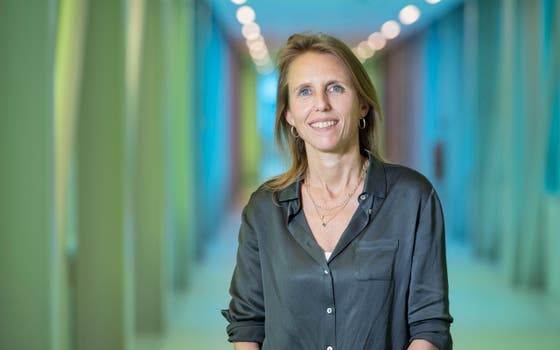
How do we improve care for patients with rare diseases for which there are currently no treatments? This question is central to the work of pediatrician Sabine Fuchs. She has been appointed professor of Metabolic diseases and innovative therapies at the UMC Utrecht as of April 15, 2024. ‘I want to make these types of diseases treatable by also focusing on the other organs.’
Read moreElise van de Putte: The art of lifecycle medicine
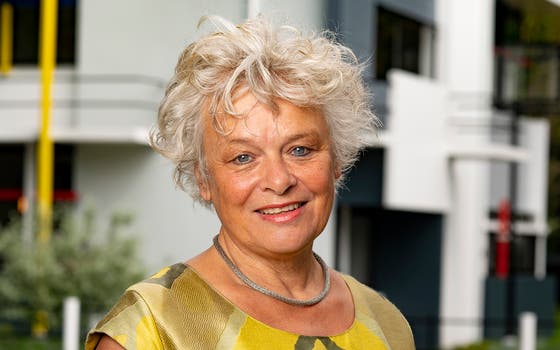
Elise van de Putte, paediatrician of social paediatrics and professor of life course medicine and co-founder of the national centre of expertise on child abuse (LECK), delivered her farewell speech on Thursday 28 March in the Academy Building in Utrecht.
Read moreRole of placenta in babies with congenital heart defect
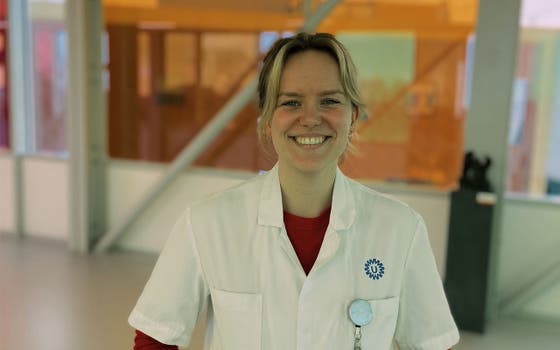
Children with a severe congenital heart defect are at risk of delayed brain development. In the early development of these children, not only the heart but also the placenta plays an important role, according to research by PhD student Maaike Nijman (UMC Utrecht) that appeared in the Journal of the American Heart Association.
Read moreGovernment invests in animal-free innovations
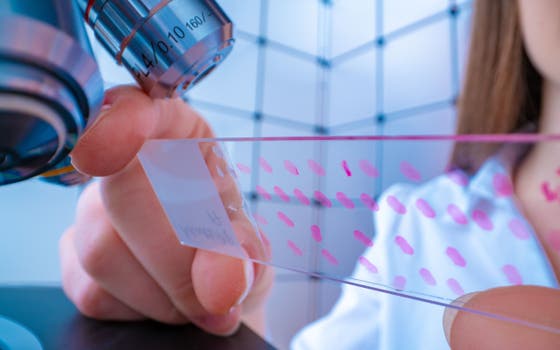
The Dutch National Growth Fund will invest 124.5 million euros in a new centre for animal-free biomedical testing. Of this investment, 55 million euros are awarded directly and 69.5 million euros are granted subject to conditions. Known as the Centre for Animal-Free Biomedical Translation, its aim is to generate safer, more effective treatments, while reducing animal suffering.
Read moreLieve Tytgat appointed professor of biomarkers
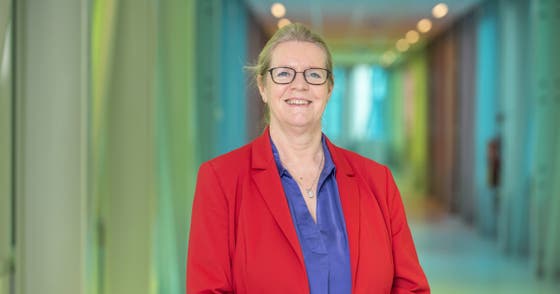
How can we better monitor the disease progression of children with solid tumors? That is the question Lieve Tytgat focuses on. As of 1 January 2024, she has been appointed professor of biomarkers in pediatric solid tumors at UMC Utrecht. She primarily focuses on the further development of blood and urine tests to better detect and monitor childhood cancer. "If necessary and possible, we can then adjust the treatment more quickly."
Read moreSabine Fuchs receives Vici grant
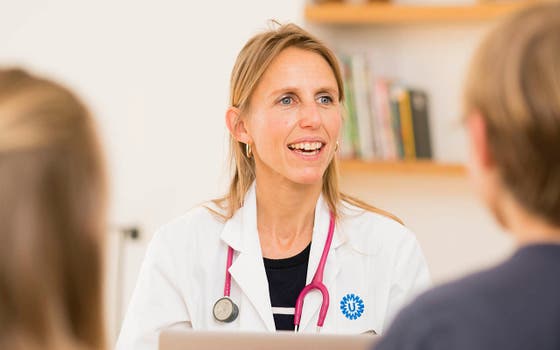
Sabine Fuchs, paediatrician in metabolic diseases at the UMC Utrecht/ WKZ has received a prestigious Vici grant from ZonMw. This will allow her to expand her research lines and develop gene-correction tools to treat metabolic diseases with the latest techniques. By testing efficacy and safety for three metabolic diseases, it will lay the foundation for clinical treatments of various metabolic diseases in patients. That this grant is being awarded to a paediatrician is unique.
Read morePaediatricians happy with Health Council advice on vaccination against RS virus
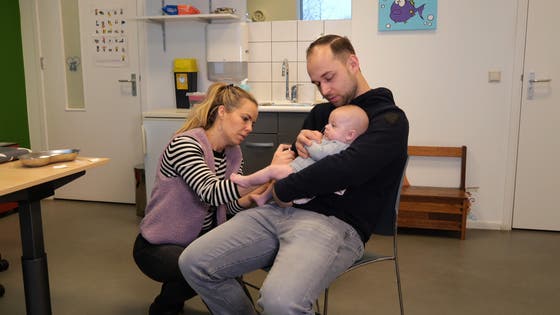
UMC Utrecht and The Wilhelmina Children's Hospital think it is good news for babies and their parents that the Health Council recommends including a vaccination against the RS virus for infants in the National Vaccination Programme. This vaccination protects infants against the RS virus during their first vulnerable months, and it also provides broad societal benefits. The number of hospital admissions due to the RS virus can fall by 80 per cent, scientific research shows.
Read moreJeffrey Beekman: It can be faster
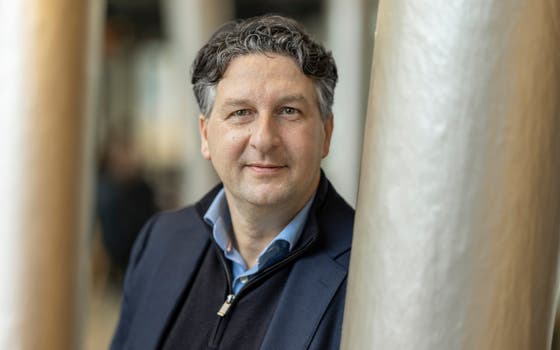
Jeffrey Beekman, professor of Disease Models for several years, 'finally' delivered his oration on 14 February. The delay was partly due to the pandemic, but the title was 'It can be faster' with a cause. And that did not only apply to his oration, but Beekman made a special plea for faster adoption of models to help patients faster.
Read more'I learned to look at patients specifically'
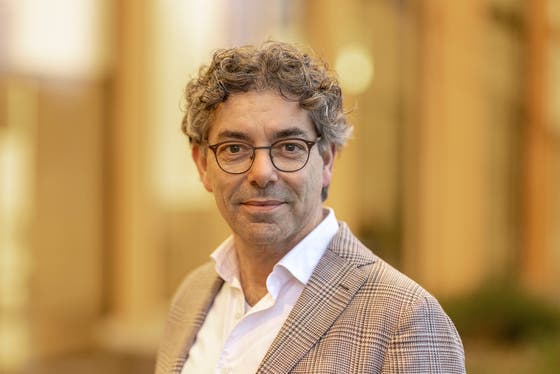
Hans Merks, professor of paediatric soft tissue and bone sarcomas at UMC Utrecht, delivered his oration on Friday 2 February, titled 'Look and marvel'. A speech about sarcoma research, deeper layers that you only start to see when you realise it and the search for effective treatments for children.
Read moreNew gene therapy reimbursed for children with MLD
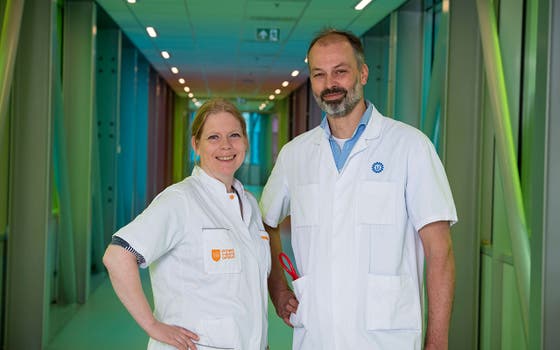
New gene therapy is reimbursed for children with a very rare metabolic disease (MLD). MLD is a severe genetic disease caused by a mistake in DNA. This gene therapy is the only effective treatment for a severe variant of MLD in which children deteriorate rapidly. The Dutch government recently started reimbursing this therapy for patients who have no symptoms yet.
Read more